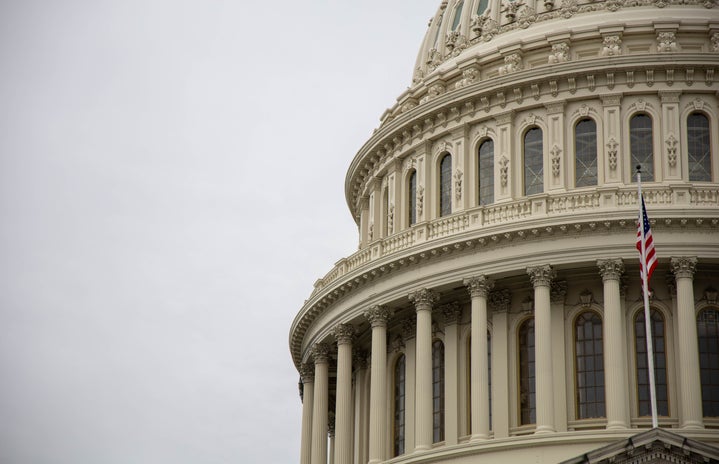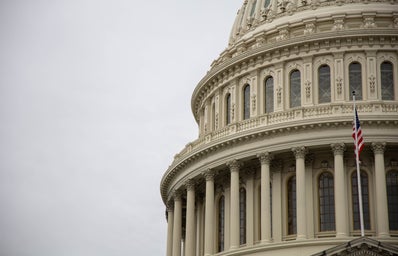The Administrative Office of the U.S. Courts guide on how to engage in civil discourse states the following: “Tell the truth, the whole truth, and nothing but the truth” (Setting Ground Rules). Civil discourse involves engaging in respectful dialogue with a group of people with differing opinions (What is Civil Discourse). It’s not an argument but a debate; its purpose is to promote a greater understanding between people. Sometimes, it can lead to a compromise between two otherwise seemingly conflicting opinions. In America, our political system hangs in the balance of two parties, and civil discourse is essential to crafting an environment where local and federal leaders can strike a balance that serves the interests of the general public.
In everyday life, civil discourse presents itself in relationships with relatives, friends, coworkers, and peers. It’s safe to say that no one holds an identical group of opinions to any other individual. They may be similar, but overall there will still be differences in the nuances. Naturally, you are drawn to those with similar opinions to yours. With time, we expose views that we disagree with. Does one then break off close relationships because of a disagreement? By doing so, one may only be harming themselves. If you only surround yourself with constant confirmation of your current opinions, you will stifle your knowledge with stubbornness. This is what is known as confirmation bias. If you fail to actively listen to the proposals of your opponents. But viewing people with different views as opposers is not a part of civil discourse. In civil discourse, there is no right or wrong side but just people.
However, a lack of civil discourse in our political system has caused people to feel as if their voices are irrelevant (Drew Desilver). We see a lack of civility in our political system dating back to when anti-slavery senator Charles Sumner was beaten with a cane on the floor of the Senate chamber (Caning of Charles Sumner). Civil discourse is key to a government that will properly serve its constituents, however, it hides in the shadows in the face of violence. The fear of backlash stands stronger than our want to express our opinions candidly. Our civil discourse is only as good as our ability to be courageous. In a poll done by the CATO Institute, 62% of Americans have political views they’re afraid to share. Regardless of party, the majority of all groups live in fear. By isolating ourselves from diverse opinions, we deprive ourselves of the chance to hear opinions that may appeal to us more. Social influence is one of many very important factors that contribute to the spread of ideas (Mehdi Moussaïd), and civil discourse falls under the umbrella of social influence. The fact of the matter is, we’re afraid, to be honest with one another.
In order to move forward, we’ve got to grapple with why we’re afraid to be candid with others, and what we can do to fix it. People value honesty, yet we stray from it, and according to the APA, we avoid candid conversations because we mispredict the consequences that come with them. Being honest often feels unkind or uncomfortable. This idea isn’t necessarily one that holds untrue. Honesty can hurt others and cause social tension. People judge those who are honest more than those who tell prosocial lies. These individuals are seen as more ethical and trustworthy (Levine, Emma E., and Taya R. Cohen). Thus, by being uncomfortable with the truth we perpetuate a system where people who lie are rewarded positions of power. This continues to negatively affect how we’re served as a nation. We bring politicians on board who build campaigns of dishonesty because it keeps us comfortable.
Going forward we have to realize that no one benefits from the comfort of dishonesty. Being able to have civil discourse may be uncomfortable in the present moment but long term, it may be able to put our nation on a path that works for everyone. People express tiredness in our current system, and fail to realize it may not be the entire system itself, but how that system is utilized. Arthur Miller once said, “A small man can be just as exhausted as a great man”. Politicians may be exhausted from hearing one another, however their civil (or uncivil) discourse is a determining factor in the legislation that affects us. Overall, civil discourse is an intimidating but necessary part of American society that we’ve neglected to fully incorporate into not only our everyday lives, but the conversations that determine how we live them.

